I once had a conversation with my friend, of a different and politically opposing faith. When push came to shove, if the two of us were in a riot, what would we do? Would we find it easy to stand up for our values or cower in the face of violence, and join the respective mobs for security?
This was over messages.
We encourage you to buy books from a local bookstore. If that is not possible, please use the links on the page and support us. Thank you.
Sameera Parvin, the 20-something protagonist of Jasmine Days meets this dilemma in real life, as her life in an unknown Middle Eastern city, simply called ‘the City’, takes a horrific turn when an uprising throws her in the middle of her government-employee father and her anti-establishment friend Ali, only to realize that when it comes to institutional faith and national pride, personal equations can crumble faster than you play a note on a guitar.
The larger theme of the novel, of how personal lives are affected against the background of a war or a revolution, ties several recent books together. I have read all the lives we ever lived, Exit West, and Chinatown Days in the last year alone. Given current global political environments, this is not surprising, but interesting nevertheless.
Of migration and family
Sameera is from Pakistan and works at Orange Radio, which airs Urdu and Malayalam programmes. She lives with her father and his brothers and their families at Taya Ghar, in a joint family.
Her journey from feeling like an outsider in an office where there were several Indians, to finding a tribe in String Walkers, the music group that Ali Fardan (a techie at the Radio station) introduced her to (an irony, in the events that follow), to conspiring with her cousins and aunts to do what they want, to her own fight to work as an RJ, drives the story forward, and in some ways, it emerges as a bildungsroman, moving and at times, mirthful.
A more subtle part of the novel explores how her relationship with her father changes, after having lived away from him the whole time.
Her anxiety with migration, her clash with the orthodoxy that exists within the house (women are not even allowed to be on Facebook), her discovery of music, her sneaking out to pursue it – there are aspects that will resonate with most brown girls. (Except the part where she charms the elders because of her smooth-talking ways. I could never do that).
Role reversal
Sameera is a Pakistani in a Middle Eastern country, written by an Indian man. At one point, when a colleague Viju Prasad talks about how Indians have never conquered any other country ever, she retorts saying that “It’s because they are too busy killing each other within the country.”
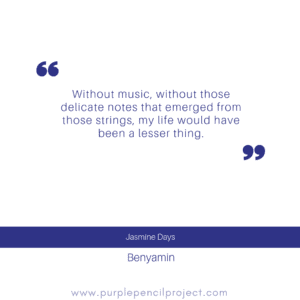
While historically, Sameera would not have an upper ground (we are one land, after all), it forces the Indian reader to look at our own glory in a more practical light. The term Malayalam Mafia, itself, serves the same purpose.
Divide and Unite
The middle-eastern conflict was between the Shias and the Sunnis. Sameera, like me, does not know much, and cannot fathom the deeply-entrenched opinions one faction has for another. At one point, when protestors are raging outside her house, both shout the same slogan, “Bolo Takbir..” and Sameera muses how they are fighting to the name of the same god.
First it was India-Pakistan, then Malayalam-Muslim, now Shia-Sunni. But if division is the dominant theme, then there is a show of unity we glimpse, and in which the reader seeks solace in this broken, broken world.
Born-Digital
Jasmine Days skims over several issues, but by far the most prominent one it does is how friendships and revolutions are both played out online. Ali and Sameera first connect over a Facebook game called City Villa and chat on the app.
Later, Ali increasingly mouths the cries of a revolution, inspired by Iraq against Saddam. The City is on the brink of a revolution, there are clashes, immolations, even fights within the office (which is government owned, and thus, becomes and excellent tool on censorship issues in an authoritarian regime).
At such a time, Sameera tells Ali: “So you have abandoned City Villa and Social War for the revolution? Or is the revolution the latest Facebook game?”
If the book had no other merits, it could have won the JCB Prize for this line alone. No other book is so contemporary in its portrayal, the kind of contemporary work that becomes a piece of the history of our times.
Literary Merits
Jasmine Days is written as a letter/novel to Sameera’s editor Javed, during Sameera’s house arrest after the death of her father. She hopes to be deported to Pakistan soon.
As Benyamin writes in his afterword, it is a manuscript that came to him, which he translated to Malayalam (much like Life of Pi, this is a fictional fact).
And the readers reads the actual translation to English by Shahnaz Habib.
It’s simple and straightforward, but never simplistic. Benyamin has smartly included some references to popular lore in Pakistan, such as the story of Sassi-Pannu, and contemporary lore such as the actions of Khadim al-Juboori during the Iraqi revolution.
The secondary characters, from Kharim Chacha to cousin Farshana, Sippy aunty, Viju Prasad (head of Malayalam news), Philip Mathew, Fatema (the head of advertising), the String Walkers, all play small but important roles in Sameera’s life, before and after. They come with their quirks, though none besides Kharim Chacha have a voice that will remain with you.
In the end, Jasmine Days is a powerful story. The first-person narrative allows Benyamin to touch upon issues without getting into the details, and include wide and varied perspectives. As a mostly objective bystander to the events that unfold around her, which nevertheless have deep personal consequences, Sameera’s battles with anger, forgiveness, helplessness will reflect (unfortunately) with several readers.
But in the end, one man’s dream will remain another’s nightmare, and what can one truly do about it?
Favourite Quote:
Some people’s dreams are like that. They are just meant to be taken out for an airing every now and then, not to be fulfilled even by accident.
Recommended for: 21-year-olds, those who think apolitical are a safe stance and everyone who loves a good story.
Further Reading:
- The story of Sassi Punnu, a Balochi folktale of a tragic romance
- The life and actions of Khadim al-Juboori
- Exit West, looks at a similar premise but in a wildly different way













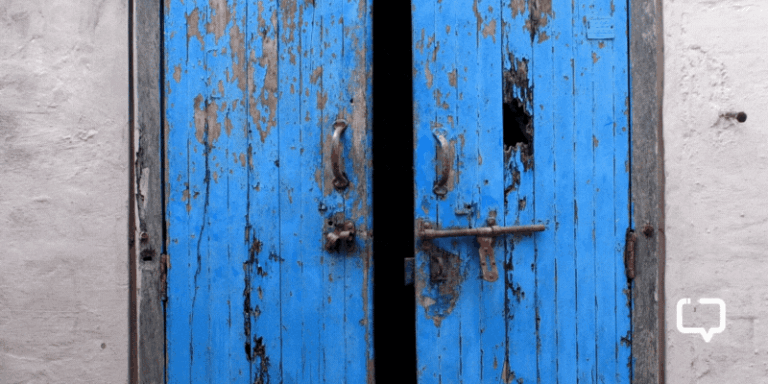
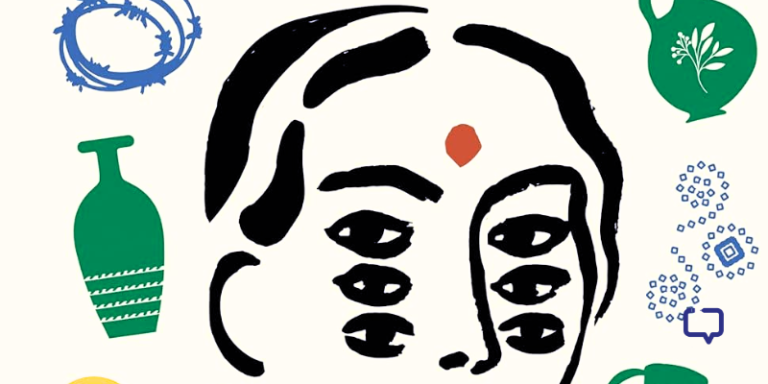
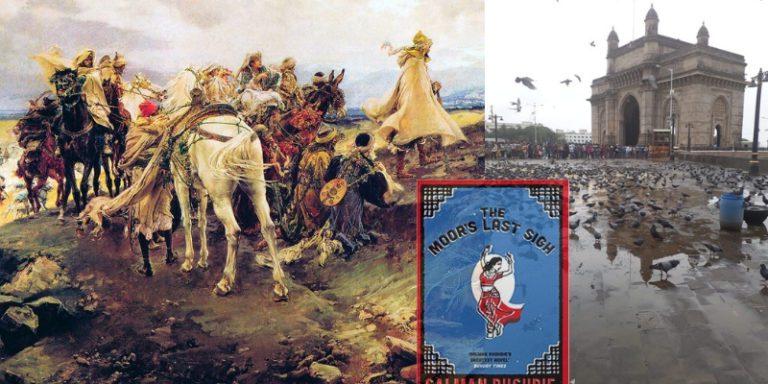

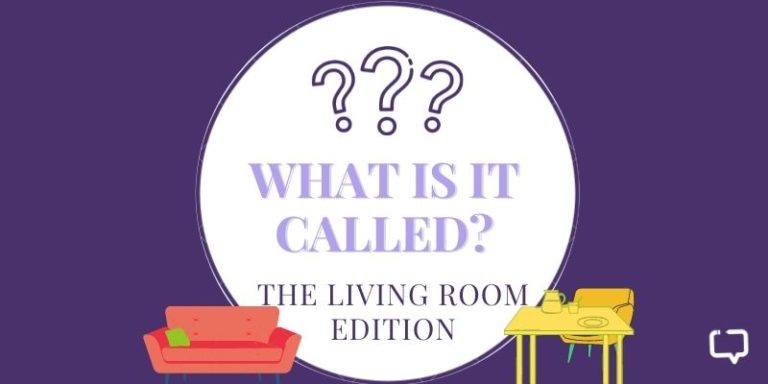
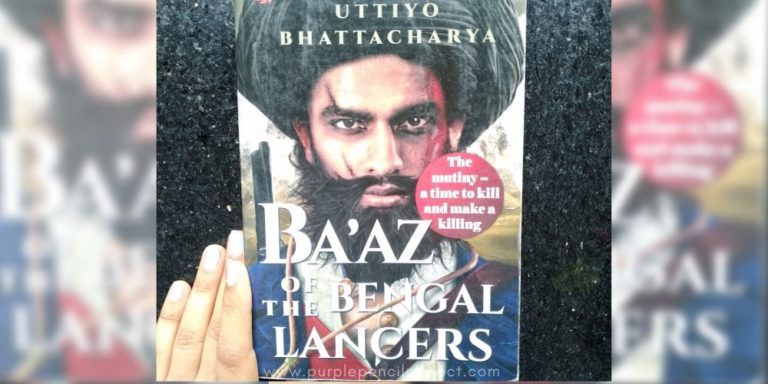


2 Responses
This is very well written review! Good work Prakruti!
Thank you so much! Means a lot